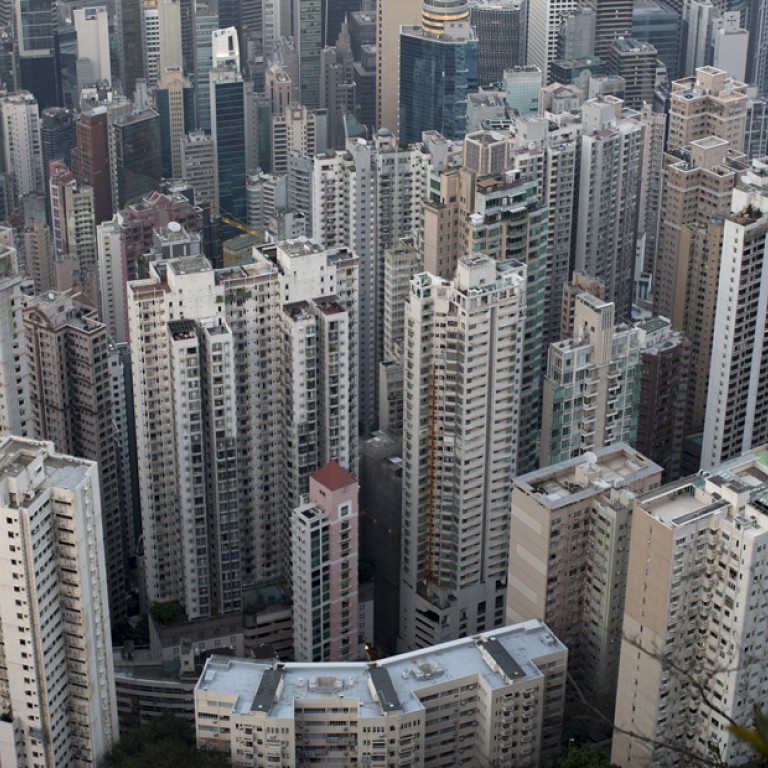
Solution to affordable housing lies in increasing supply
When the government sought to rein in the runaway property market with a controversial doubling of stamp duty last year, there was an understanding that it was specifically targeting speculators.
When the government sought to rein in the runaway property market with a controversial doubling of stamp duty last year, there was an understanding that it was specifically targeting speculators. Now that prices have eased somewhat, it is tempting to relax the rules. Officials sought to ease opposition to a bill to make the doubling of duty law by offering minor adjustments. Some are taking this as a sign of more amendments to come. Yet, while property transaction volumes have dropped, the measures have been in place for just 15 months. We hope the government will not introduce further relaxations of them.
Amid mounting opposition from the property industry and pro-business lawmakers, the government has adjusted the waiver for buyers changing flats. Instead of restricting the exemption to those who sell and buy again within six months, the period will be extended to the actual date when the purchase of a new flat is completed. This gives buyers more leeway - about two extra months for secondhand homes and up to three years for uncompleted flats. The proposed change is only technical, but it makes buying a flat for self-use easier without compromising the objective of dampening speculation.
Whether the move will stimulate the market is yet to be seen. But some analysts see it as a loosening of regulatory control, especially as the "locals-only" land policy - an initiative by the chief executive to shut out cash-rich mainland speculators - has already been put aside. The government had said it would conduct a review in light of the market situation one year after the bill was passed. It would therefore be wrong to read too much into the latest relaxation. As the financial services chief warned, property supply remains tight and the market uncertain. He has rightly resisted political and market pressure and stood firm on the anti-speculation measures.
It is good that the rise in property prices has been arrested. By March, the pace of growth in home prices had slowed to an average of 0.1 per cent a month, down from 2.7 per cent before the doubling of stamp duty. Even so, home prices are still out of reach for many prospective buyers. The ultimate solution lies in a steady supply of new housing in the short and longer term. The chief executive has pledged to provide more affordable flats, but the progress still leaves a lot to be desired. He has to redouble efforts to make good on his promise.

